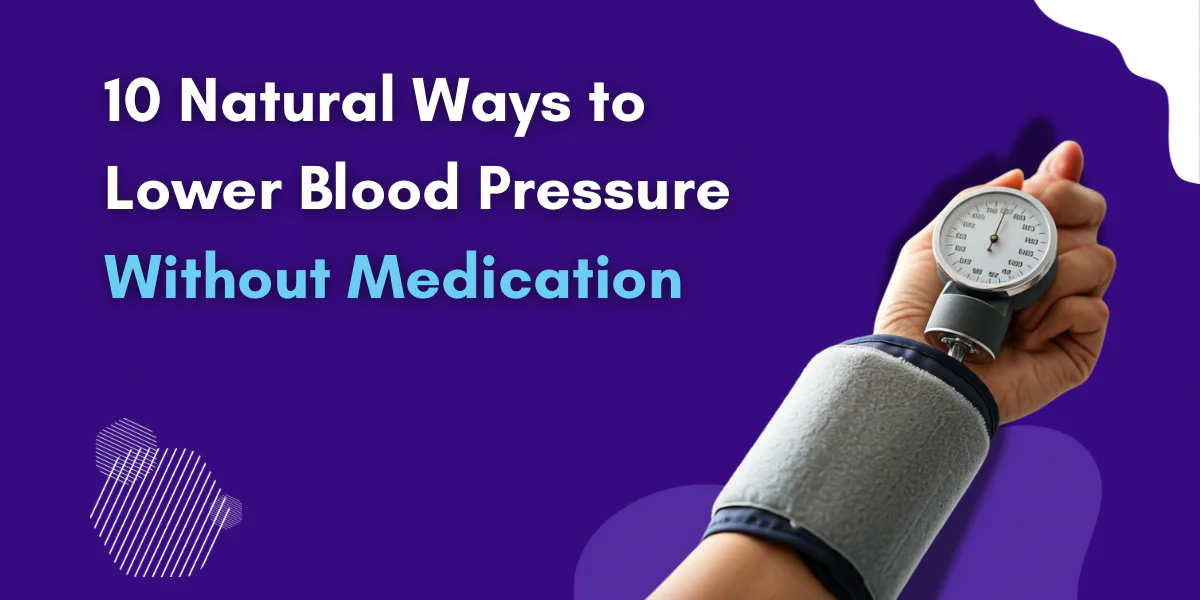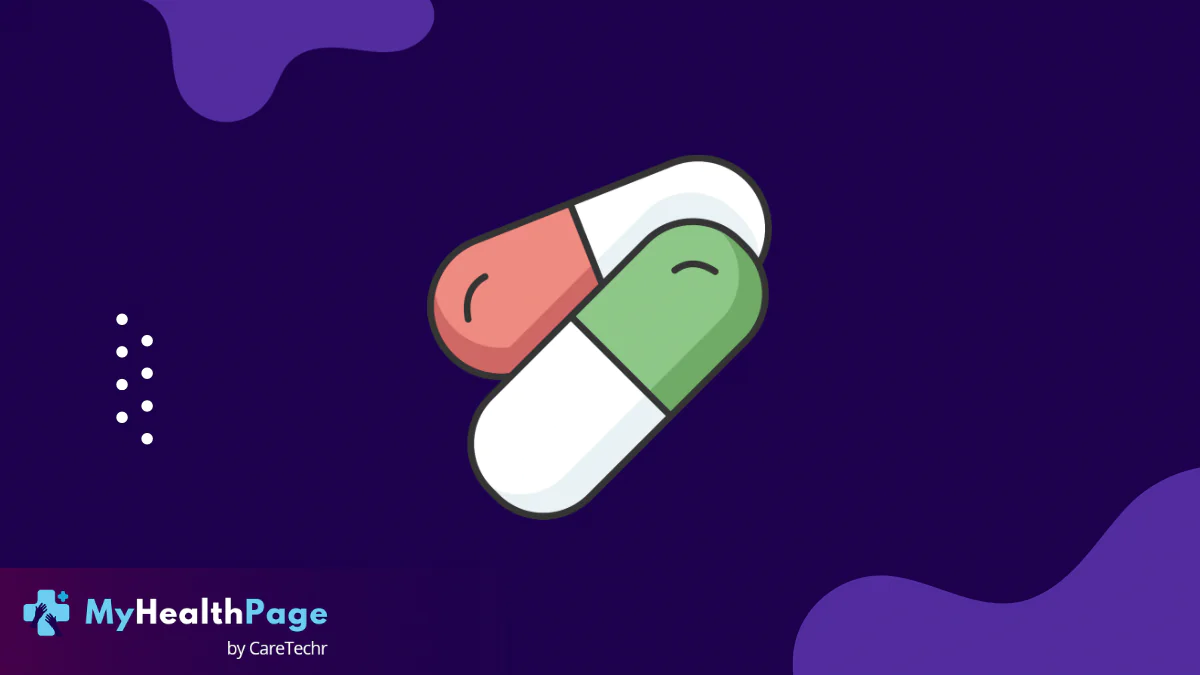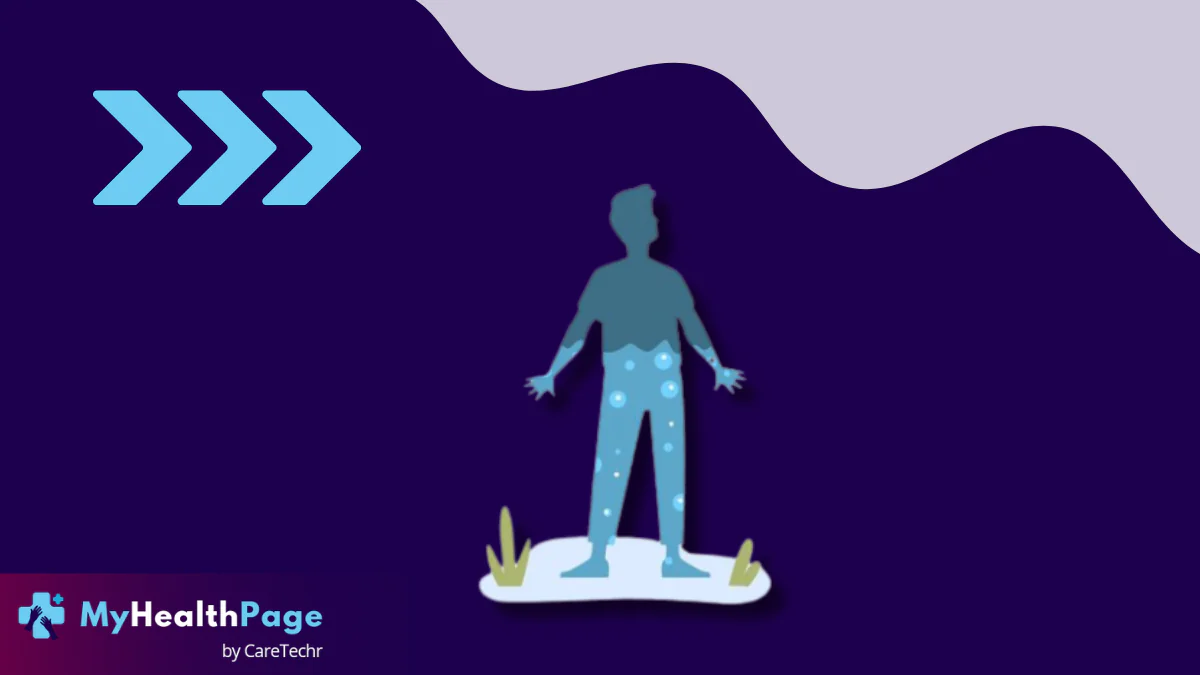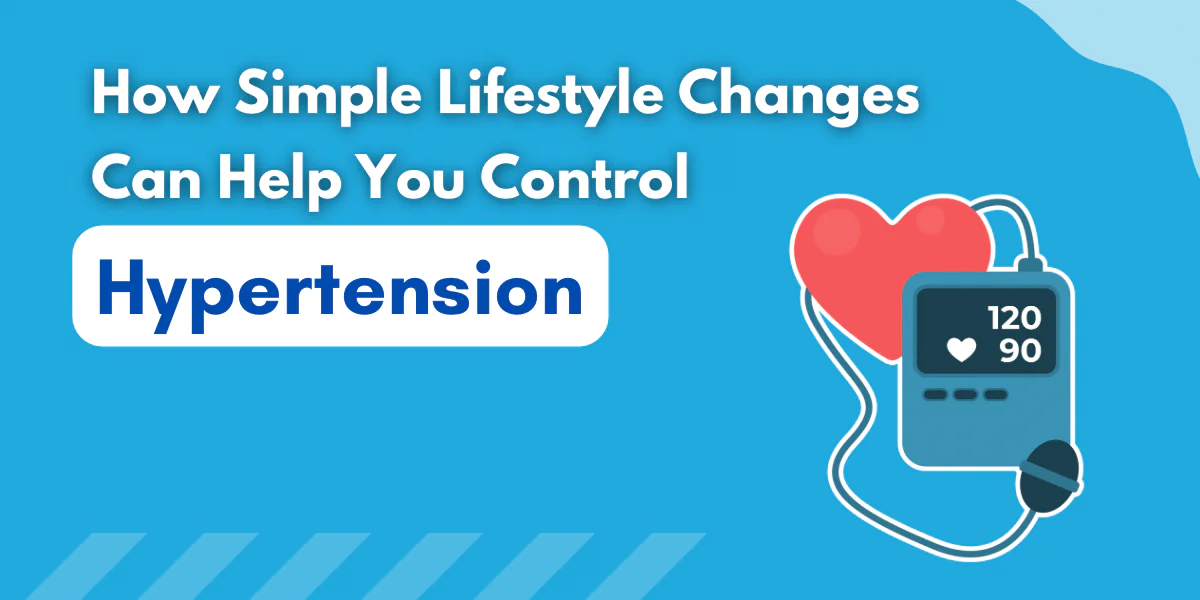High blood pressure, or hypertension, affects millions worldwide and is a leading cause of heart disease and stroke. While medications can help manage blood pressure, many natural methods are equally effective. From lifestyle adjustments to dietary changes, these holistic strategies promote cardiovascular health without relying on drugs. Let’s explore 10 natural ways to lower blood pressure without medication.
1. Adopt a Heart-Healthy Diet
Your diet plays a pivotal role in blood pressure management. Focus on foods that are rich in nutrients like potassium, magnesium, and fiber, while reducing sodium and unhealthy fats.
Best Foods for Blood Pressure:
- Leafy Greens: Spinach, kale, and collards.
- Berries: Rich in antioxidants like flavonoids.
- Beets: Contain nitrates that relax blood vessels.
- Bananas: A great source of potassium to balance sodium levels.
Switching to a DASH (Dietary Approaches to Stop Hypertension) diet, which emphasizes whole foods, is a proven way to lower blood pressure naturally.
2. Reduce Salt Intake
Excessive sodium can raise blood pressure by causing the body to retain water, which increases pressure on the arteries.
Practical Tips to Reduce Sodium:
- Use herbs and spices instead of salt to flavor your food.
- Avoid processed and packaged foods, which are often high in sodium.
- Check nutrition labels for sodium content and choose “low-sodium” options.
3. Increase Physical Activity
Regular exercise strengthens the heart, enabling it to pump blood more efficiently and lowering the pressure on arteries.
Recommended Exercises:
- Aerobic Activities: Walking, jogging, cycling, or swimming for 30–45 minutes most days.
- Strength Training: Improves overall cardiovascular health.
- Yoga and Stretching: Combines movement with relaxation to reduce stress.
4. Manage Stress Effectively
Chronic stress can cause spikes in blood pressure by triggering the release of hormones like cortisol and adrenaline. Learning to manage stress is crucial for heart health.
Stress Management Techniques:
- Meditation: Promotes relaxation and lowers stress hormones.
- Deep Breathing: Slows your heart rate and relaxes blood vessels.
- Time Management: Prioritize tasks to avoid feeling overwhelmed.
Incorporating hobbies, nature walks, or socializing can also alleviate stress.

5. Maintain a Healthy Weight
Excess weight puts extra strain on the heart and arteries, leading to higher blood pressure. Losing even a small amount of weight can significantly impact blood pressure levels.
Steps to Achieve Healthy Weight:
- Combine regular exercise with a balanced diet.
- Avoid crash diets and aim for gradual, sustainable weight loss.
- Focus on portion control and mindful eating.
6. Limit Alcohol Consumption
While moderate alcohol consumption may have some health benefits, excessive drinking raises blood pressure and adds unnecessary calories.
Healthy Alcohol Guidelines:
- Men: Limit to two drinks per day.
- Women: Limit to one drink per day.
Opt for non-alcoholic beverages like herbal teas or flavored water to stay hydrated and support blood pressure control.
7. Quit Smoking
Smoking damages blood vessels, reduces oxygen flow, and increases blood pressure. Quitting smoking improves heart health almost immediately and reduces the risk of hypertension-related complications.
Tips for Quitting:
- Use nicotine replacement therapies (patches, gum).
- Seek support groups or counseling.
- Avoid triggers and have healthy distractions ready.
8. Add Potassium-Rich Foods to Your Diet
Potassium helps balance the effects of sodium, easing tension in blood vessels and lowering blood pressure.
Potassium-Rich Foods:
- Avocados
- Sweet potatoes
- Spinach
- Dried fruits like raisins and apricots
Including these foods in your meals can have a significant impact on blood pressure.
9. Get Quality Sleep
Poor sleep is linked to high blood pressure and other cardiovascular problems. During sleep, the body regulates stress hormones, which helps maintain healthy blood pressure levels.
Sleep Hygiene Tips:
- Maintain a consistent sleep schedule.
- Create a relaxing bedtime routine.
- Avoid screens at least an hour before bed.
Aim for 7–9 hours of sleep per night to support overall health.
10. Drink Herbal Teas
Certain herbal teas contain compounds that naturally reduce blood pressure by relaxing blood vessels and promoting better circulation.
Best Teas for Lowering Blood Pressure:
- Hibiscus Tea: Contains antioxidants that reduce systolic blood pressure.
- Green Tea: Improves blood flow and reduces inflammation.
- Chamomile Tea: Calms the nervous system and promotes relaxation.
Incorporate these teas into your daily routine as a flavorful and healthful alternative to sugary drinks.
Final Thoughts
Lowering blood pressure naturally doesn’t require drastic measures; small, consistent lifestyle changes can make a big difference. By adopting these 10 natural ways to lower blood pressure without medication, you can take control of your heart health and enjoy a vibrant, active life. Start with one or two changes, build on your progress, and watch your blood pressure improve over time.
Read Also: Oranges Benefits for Lowering Blood Pressure Naturally
Medical Disclaimer: This article is for informational purposes only and is not a substitute for professional medical advice. Always consult with a healthcare provider for personalized recommendations.
Further Reading
If you want to dive deeper into managing blood pressure naturally, check out these helpful resources:
- DASH Diet Guidelines: Learn about the DASH eating plan, designed to lower blood pressure through healthy food choices.
- The Role of Potassium in Blood Pressure: Explore how potassium-rich foods contribute to maintaining healthy blood pressure levels.











